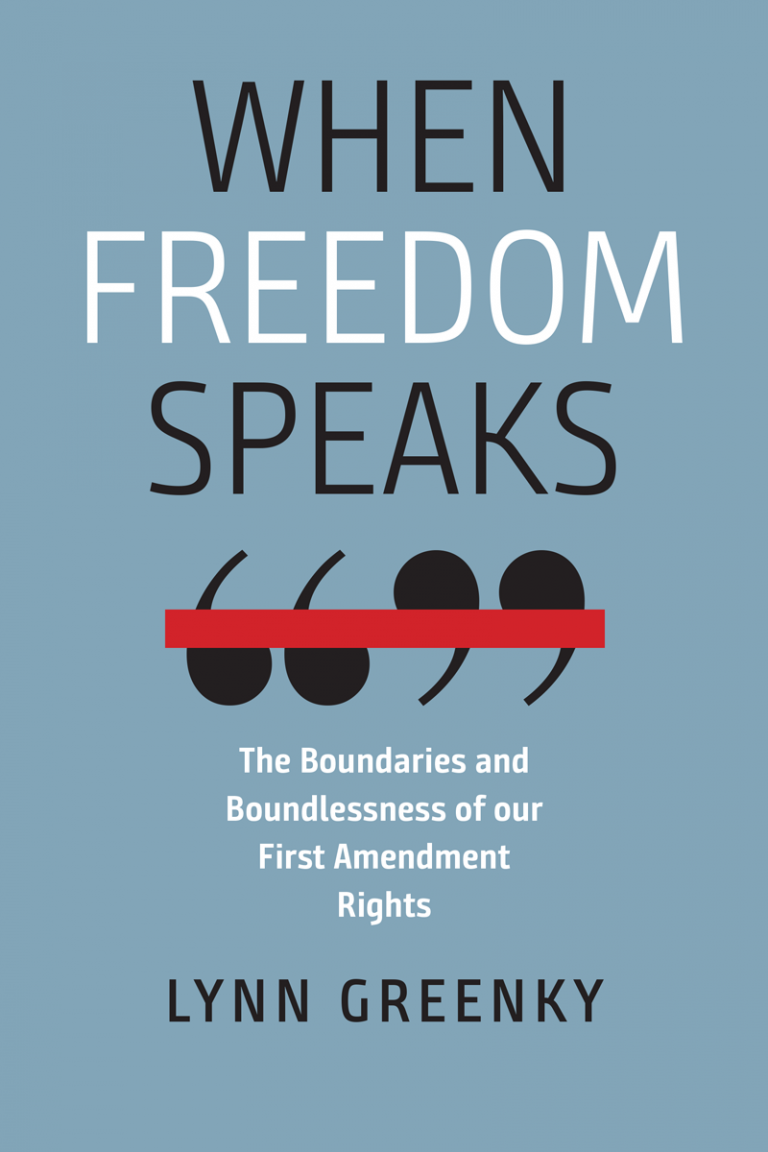Glossary
An amicus curiae brief is a brief filed by a party who is not a litigant in the case, but who might be affected by the outcome of the case, files structured legal arguments in support of their position. For example, in a recent case, Fulton v. City of Philadelphia regarding the intersection of freedom of religion and freedom from discrimination, several organizations filed briefs in support of one side or the other.
A concurring opinion is written by a lower court judge or Supreme Court justice who agrees with the outcome of the case, but offers further commentary, or an alternate justification for the decision.
Prior judicial decisions. The Supreme Court relies on past decisions as a guide to deciding its position on present issues. It is rare that the Court will turn its back and overturn a previous decision, but not unheard of.
A law or regulation that is targeted at messaging is considered content based. In order for a content-based statute to withstand the withering glare of the First Amendment, it must satisfy the “strict scrutiny” test.
A First Amendment content-neutral analysis proceeds along three lines of inquiry:
- Is the statute directed at behavior that is important to a government function and unrelated to the suppression of speech?
- Is the statute calibrated to that government interest so that it is not overly broad?
- Even if the statute has a collateral effect on speech, are other means of communicating the message still available?
A dissenting opinion is written by a lower court judge or Supreme Court justice that disagrees with the majority opinion. Judges or justices may join in each other’s dissenting opinions, or a judge or justice may write their own dissenting opinion, particularly when they dissent for different reasons.
Enjoin is a legal term that means to forbid or prohibit. The court will enjoin an activity by issuing an injunction.
Court decisions and legal philosophy.
A court order prohibiting (enjoining) a particular activity. For example Individual A can seek to enjoin another individual or corporation from using music or art created by individual A. A temporary restraining order is a short-term injunction to prevent irreparable harm until a court hearing can be held on the merits of the case (whether indeed individual A is the rightful owner of the composition).
Judicial precedent refers to a court decision that establishes a principle or rule that is considered controlling authority for deciding subsequent cases involving similar issues or facts. The rationale behind the application of precedent, which is not mandatory but rather advisory, is to provide predictability to the law.
is a legal case law establishing a principle or rule that a court or other judicial body may apply while deciding subsequent cases involving similar issues or facts.
Legal briefs structured legal arguments written by attorneys in support of their client’s position.
Parties to a lawsuit. They are often referred to as plaintiff or petitioner—the person or institution that initiated the lawsuit, and defendant or respondent—the person or institution that is the target of the lawsuit.
Political speech is not merely communication transmitted during campaigns or among politicians, legislators, lobbyists, and activists. Any person expressing an opinion or engaging in debate on a matter of public concern, whether that be matters of policy, morality, economics, or the like, is engaging in political speech.
Public forums include streets, parks, and public facilities. Public forums are generally open to speech and debate such that content-based restrictions directed at their use will be subject to a strict scrutiny test. They are, in essence, held in trust for public use. However, that use is not absolute and can be subject to meaningful content-neutral limitations regarding time of day, location, and even means of expression.
Applied to content-based statutes—statutes targeted at speech. The strict scrutiny test requires that a statute targeted at speech must be designed to protect a compelling government interest, which is a substantial or important matter relating to the polity or government function that is within governmental powers to control. Further, the statute must be so narrowly tailored it employs the least intrusive means of restricting speech to achieve the government objective.
Symbolic speech often includes elements of conduct. As expressive activities, symbolic speech can take the form of debate, gossip, parody, entertainment, celebration, or sacrament.
A petition addressed to an appellate court or to the Supreme Court asking it to review the decision of a lower court. Certiorari is the common method for cases to be heard before the U.S. Supreme Court.
